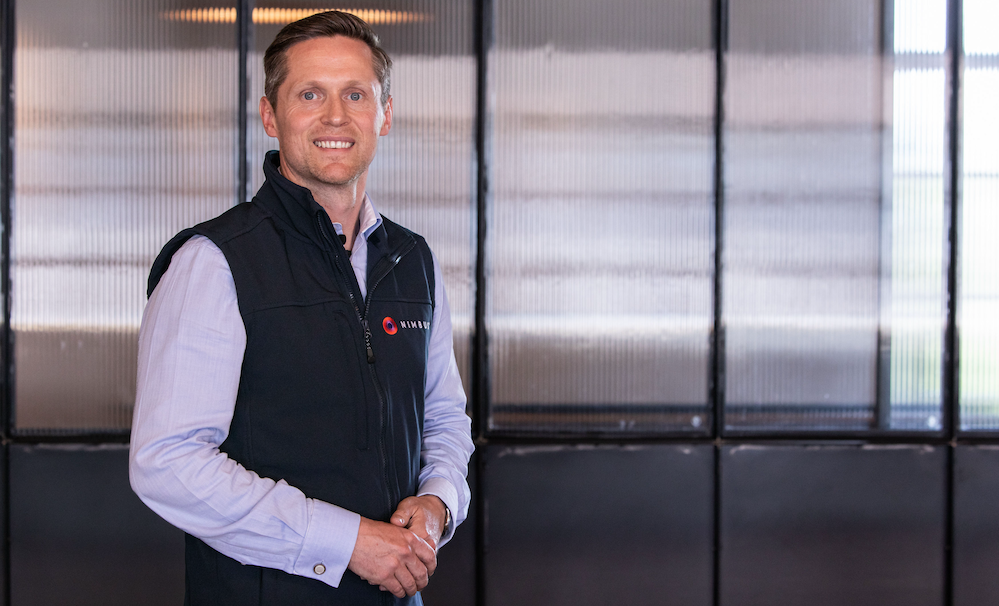UK independent parcel carrier, Yodel, has today announced that it is partnering with Certas Energy to roll out the use of Hydrotreated Vegetable Oil (HVO), a cleaner alternative to diesel, to fuel its shunter fleets at its Shaw, Wednesbury and Hatfield sorting centres.
HVO is a drop-in diesel alternative manufactured from 100% renewable and sustainable waste. It provides a cleaner way to fuel commercial fleets and offers an instant reduction of CO2 emissions, alleviating the need for changes to infrastructure and machinery, which can take several years and delay environmental benefits.
The switch to HVO will include Yodel’s shunter vehicles across the three sorting centres, with plans for a broader roll out across its fleet in the future.
Carl Moore, COO at Yodel, said:
“Innovation and looking for ways to reduce our impact on the environment is, and continues to be, a top priority for us. By partnering with Certas Energy to roll out HVO across our shunter fleets, we will be able to reduce our CO2 emissions instantly with no disruption to our services.
We continue to look for new ways of reducing our carbon footprint, and we’re looking forward to improving our practices further.”
Jamie Hodges, Head of Business Development at Certas Energy, commented:
“As an alternative to diesel, HVO is becoming a popular transition fuel for businesses operating commercial fleets and looking to reduce their carbon footprint responsibly and efficiently.
We’re extremely proud to be partnering with Yodel and working together to support the next step of their sustainability journey.”
The announcement follows research from Yodel last year which outlined that the environmental impact of deliveries was front of mind for consumers, with over half (53%) of 18–34-year-olds saying they would be more inclined to purchase from a retail brand who used a carbon-conscious delivery partner.
Despite increased parcel volumes and growth in demand for Yodel’s services in recent years, the company has reduced its carbon footprint by 38.15% since 2016. Last year, it completed its transition to 100% renewable electricity across its operational sites, with a continued focus on optimizing fuel efficiency during deliveries as well as regular reporting on its overall environmental performance.







